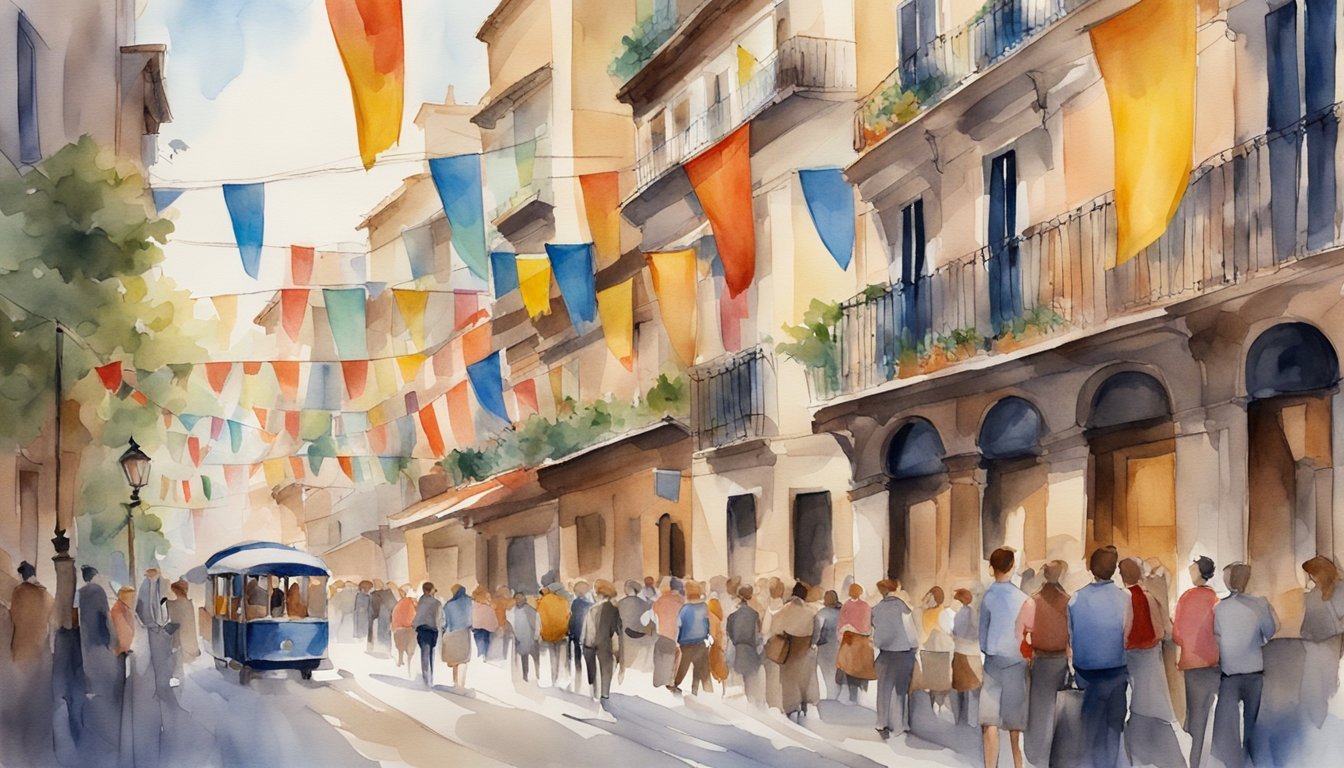Country Overview
Geography and Climate
Spain, officially the Kingdom of Spain, is the largest country in Southern Europe, located mainly on the Iberian Peninsula. It is bordered by the Atlantic Ocean to the north and the Mediterranean Sea to the southeast. Its territory also includes the Canary Islands, located in the Atlantic Ocean, and two autonomous cities in North Africa. The country’s landscape features a central plateau, the Meseta, surrounded by mountainous regions such as the Pyrenees and coastlines along the Atlantic and Mediterranean.
Spain’s climate varies greatly due to its geography, ranging from the mild temperatures and frequent rain in the green northwest to the hot, dry conditions in the southern region of Andalusia.
History and Cultural Influence
Spain has a rich and diverse history, with influences from the Romans, Visigoths, and Moors leaving their mark on the nation’s culture, architecture, and language. The Spanish Civil War and the dictatorship of Francisco Franco significantly impacted the country’s political landscape, eventually leading to the establishment of a constitutional monarchy in 1978.
Spanish culture has had a significant influence worldwide, particularly in the areas of literature, cuisine, music, and dance, with flamenco originating in the Andalusian region. Roman Catholicism is the dominant religion in the country.
Language and Ethnic Groups
Spain is a culturally diverse nation, with several ethnic groups and official languages. Castilian Spanish is the official language spoken nationwide, and regional languages such as Catalan, Galician, and Basque are also official in their respective territories. These regions, including Catalonia, the Basque Country, and Galicia, each possess their own unique cultural identities.
Politics and Government
Spain is a constitutional monarchy with King Felipe VI as the current head of state. The government is divided into seventeen autonomous communities and two autonomous cities, allowing for the cultural diversity and varying degrees of political autonomy throughout the nation. The political landscape in Spain includes both conservative and liberal parties, with the country’s government often experiencing coalitions and negotiations between these groups.
In conclusion, Spain’s rich history, diverse culture, and dynamic political landscape make it a unique and fascinating country in Europe.
Cultural Traditions and Modern Life

Arts and Literature
Spain has a rich history of arts and literature with notable figures such as Miguel de Cervantes and his famous work Don Quixote. Spain is also renowned for its painters, like Pablo Picasso and Francisco Goya. These iconic artists have significantly influenced the global artistic scene and contributed to Spain’s rich cultural history.
Cuisine and Festivals
Spanish cuisine is characterized by its use of olive oil as a primary ingredient, making it a key component of the Mediterranean diet. In Spain, lunch is usually the main meal, featuring a variety of dishes, often served in a multi-course style. Spaniards also have a unique tendency to frequent bars and restaurants throughout the day, with a focus on socializing and enjoying leisure time.
Spain is home to numerous interesting festivals that merge tradition with modern life. One of the most famous events is La Tomatina, a massive tomato-throwing festival that takes place annually in the town of Buñol. Another well-known Spanish event is the Running of the Bulls, a centuries-old tradition held in Pamplona every July.
Tourism and World Heritage Sites
Spain is known for its stunning architecture and vast array of UNESCO World Heritage Sites. Today, Spain is one of the world’s top tourist destinations, attracting millions of visitors every year who come to admire its rich cultural heritage and scenic beauty. Cities like Barcelona, Valencia, and Granada attract many tourists. Additionally, Spanish archipelagoes like the Balearic and Canary Islands offer a unique combination of natural beauty and cultural richness.
Spain’s strong emphasis on preserving its history and culture paired with its adaptations to modern life create a dynamic nation that captivates both its residents and visitors from around the world.

